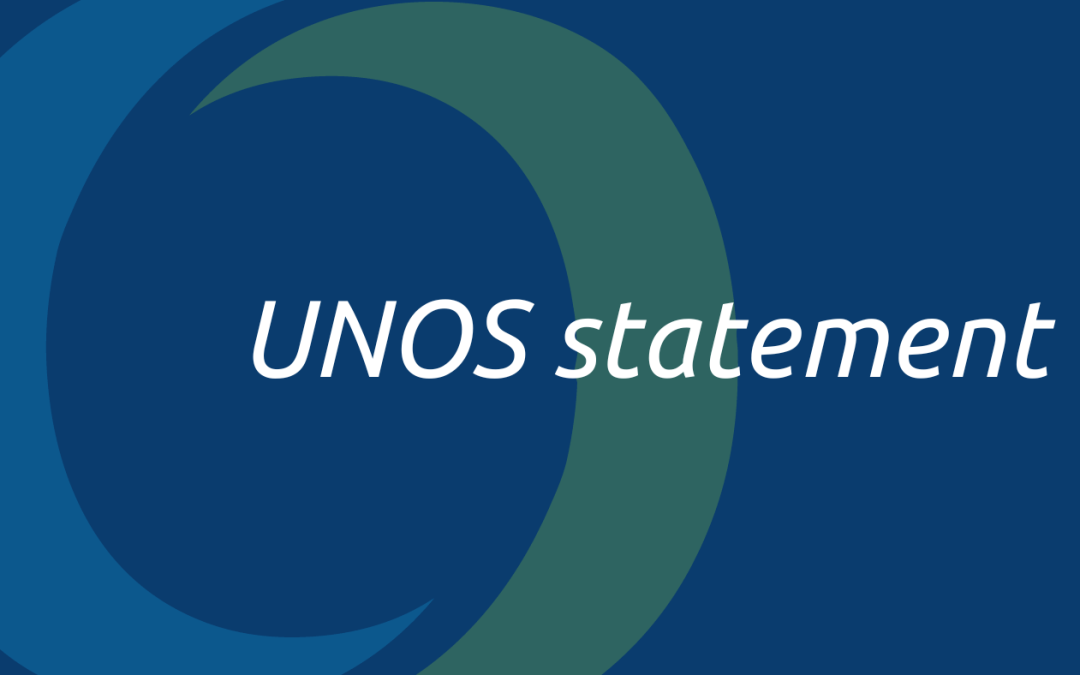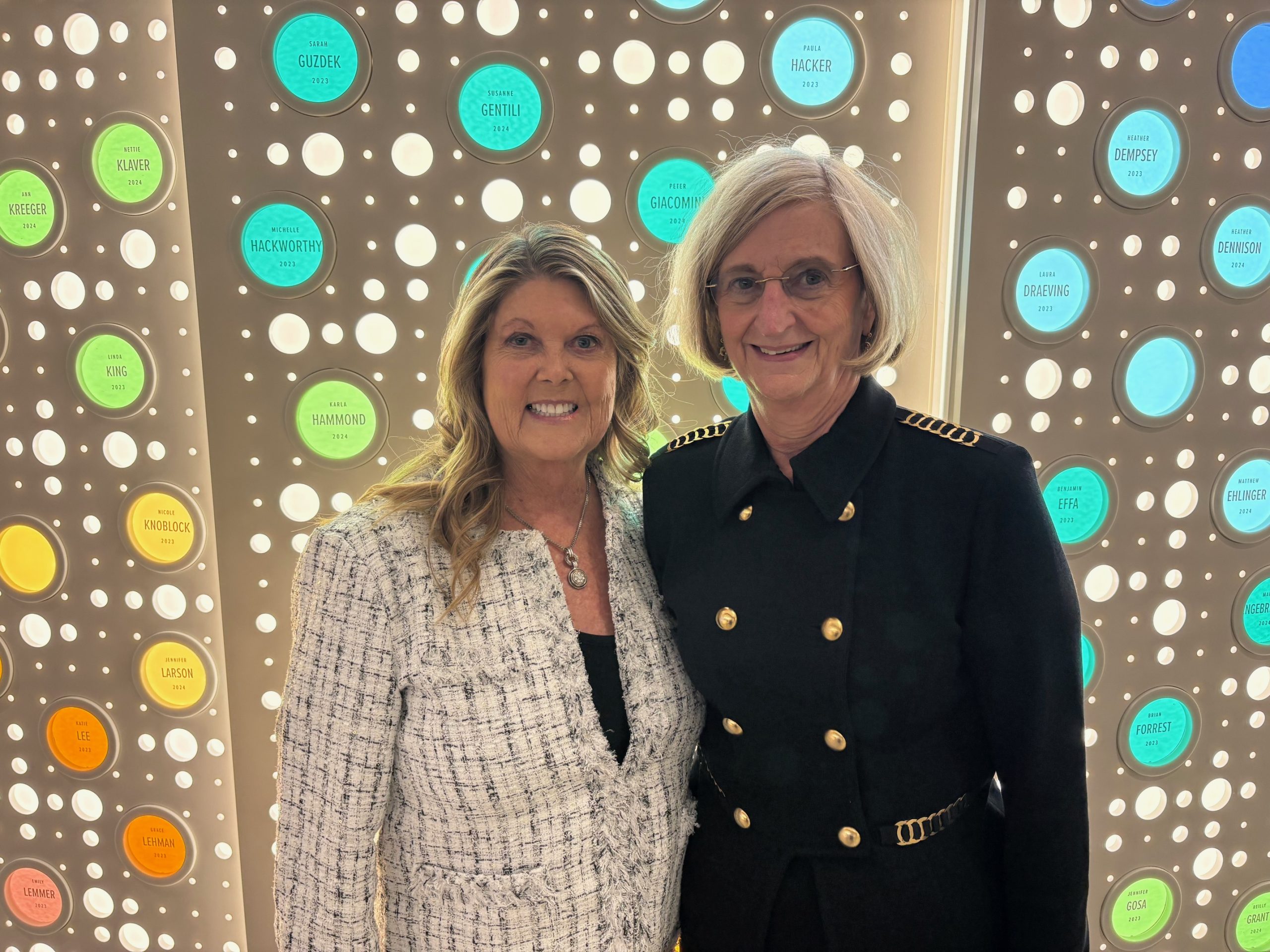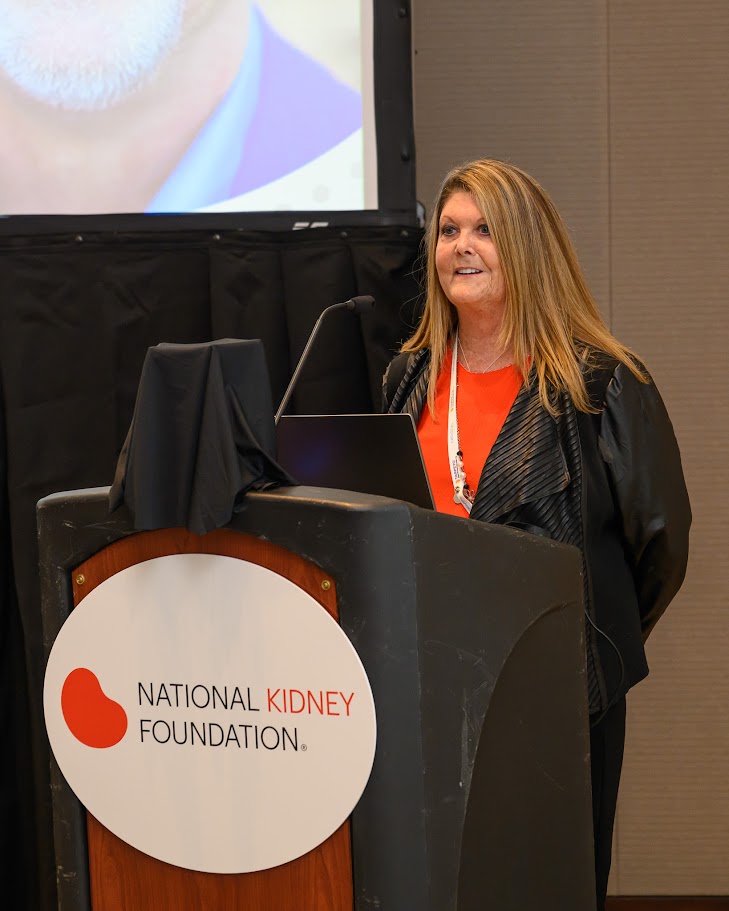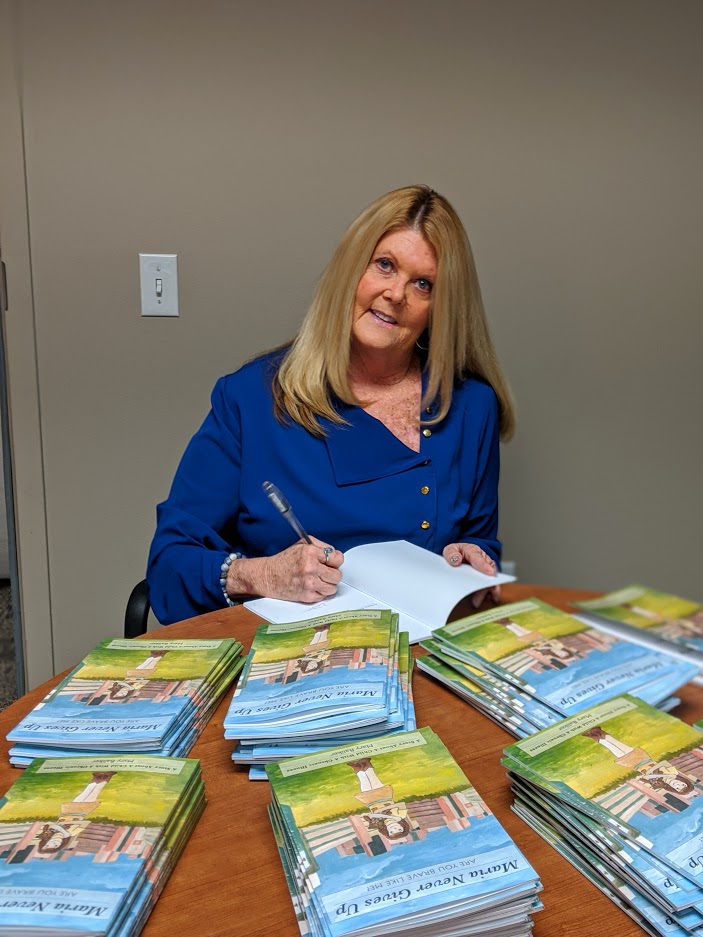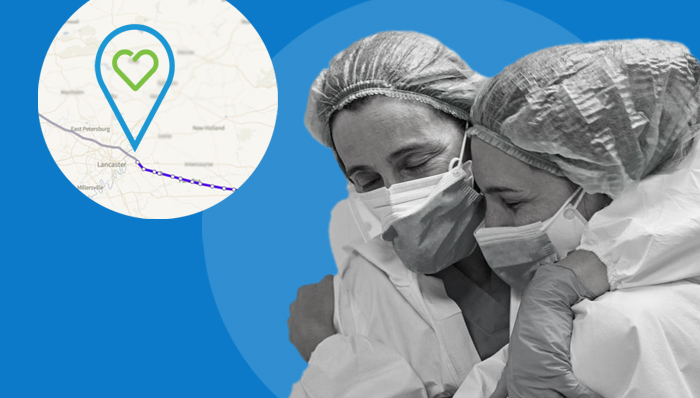Today, the United Network for Organ Sharing (UNOS) celebrated the passage of the Labor, Health and Human Services, and Education funding bill for Fiscal Year 2026. The report accompanying the bill includes directives that advance every element of UNOS’ advocacy agenda. These four critical reforms will strengthen organ donation and transplantation across the country and help save more lives.
“It’s critical that every patient gets the transplant they need, which is why we have been working with community partners to push for these critical improvements that will help save lives. These efficient and common-sense reforms will strengthen the organ donation and transplant system,” said UNOS Interim CEO Mark Johnson. “We thank the U.S. Senate and House leaders, U.S. Sens. Shelley Moore Capito (R-WV) and Tammy Baldwin (D-WI) and U.S. Reps. Robert Aderholt (R-AL) and Rosa DeLauro (D-CT), for championing the inclusion of these policies to strengthen our nation’s system for patients.”
The report accompanying the Consolidated Appropriations Act 2026 directs the U.S. Department of Health and Human Services (HHS) and the Health Resources and Services Administration (HRSA) to act on several critical improvements to the system that will make organ donation and transplant more effective for patients and their families. Specifically:
- Directs HHS to develop a report on automated deceased donor referral software tools. These tools are a critical step towards efficiently identifying and referring every potential organ donor, ultimately increasing lives saved through organ transplantation.
- Supports the adoption of real-time organ tracking during transit. Tracking technologies will improve transparency in organ transportation nationwide and ensure that precious donated organs reach recipients swiftly and securely.
- Urges HRSA to implement the Federal Aviation Administration (FAA) Organ Transportation Working Group recommendations. The Working Group recommendations are essential to ensure the timely and safe delivery of organs by commercial airlines, reducing logistical barriers and improving coordination among all stakeholders involved in organ delivery.
- Aids the transplantation of medically complex kidneys. Requires HRSA to submit a report to Congress outlining strategies to ensure performance metrics do not penalize hospitals for accepting complex kidney transplants, offering hope to thousands of patients awaiting transplant.
For more information on how UNOS is working with Congress to strengthen the organ donation and transplant system, visit unos.org/advocacy.
About UNOS
The United Network for Organ Sharing (UNOS) is a nonprofit organization that serves the organ donation and transplant system and broader public health community through its work developing new technologies and initiatives, conducting data-driven research and analysis, providing expert consulting services, advocating for patients, and being a leader in bringing communities together to save lives.

